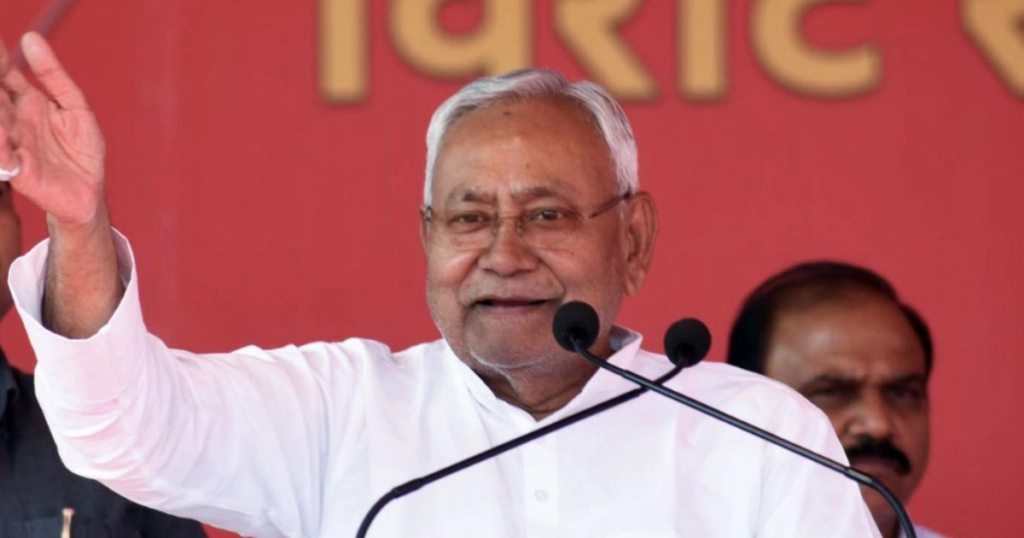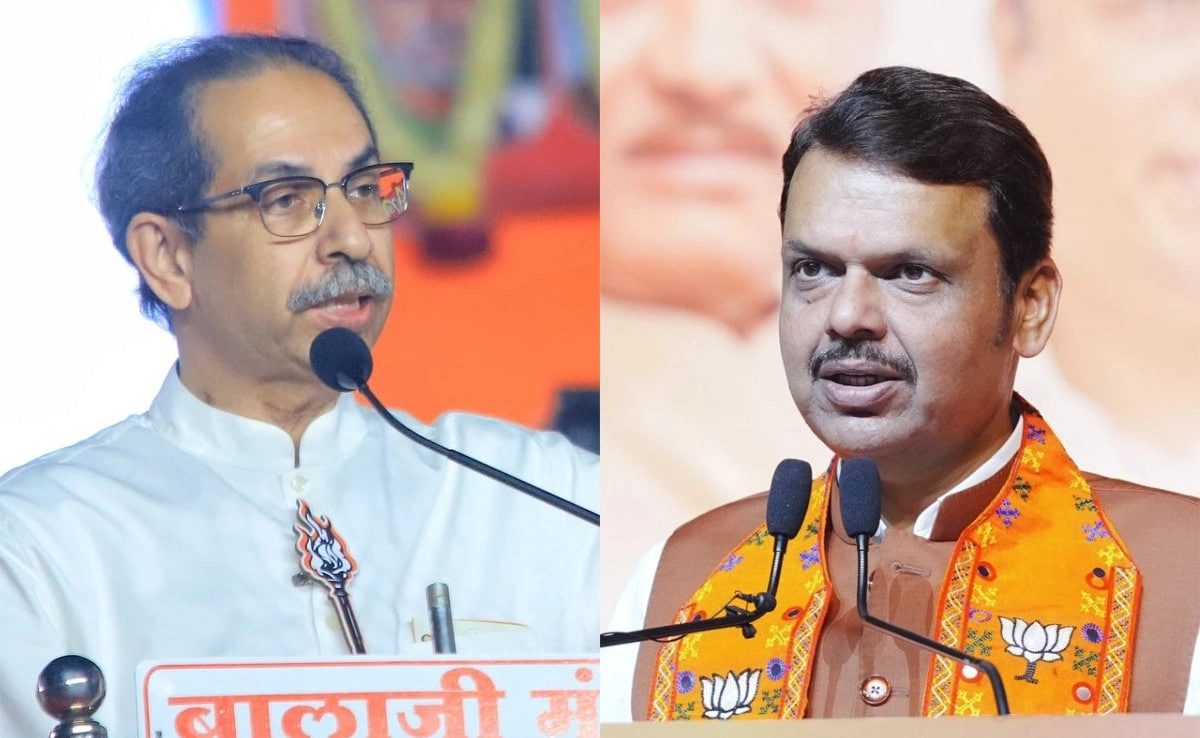In a recent incident that has garnered significant attention, Suvendu Adhikari, a prominent political figure in West Bengal, was involved in a heated exchange following the chanting of the slogan “Joy Bangla” by a man in the crowd. Adhikari’s response to the slogan raised eyebrows and sparked discussions about political tensions in the region. The phrase “Joy Bangla,” which translates to “Victory to Bengal,” is often associated with the Trinamool Congress (TMC) party, and its invocation can provoke strong reactions from political opponents, particularly in a politically charged environment.
Adhikari, a leader of the Bharatiya Janata Party (BJP), reportedly responded to the man by saying, “I will skin you alive.” This statement has been interpreted by many as an expression of anger and frustration towards the TMC’s ideology and supporters. Such rhetoric is not uncommon in the fierce political landscape of West Bengal, where party loyalties run deep, and confrontations between rival factions can escalate quickly. Adhikari’s comments reflect the ongoing rivalry between the BJP and TMC, as both parties vie for influence in a state that has historically been a stronghold for the TMC.
The incident serves as a reminder of the volatile nature of political discourse in India, where slogans and symbols can evoke intense emotions. Supporters of both parties often find themselves embroiled in passionate debates, and the use of provocative language can further polarize the already divided electorate. Adhikari’s remarks may have been intended to rally his supporters, but they also risk alienating moderate voters who may be disenchanted by the aggressive tone of political rhetoric.
As the political landscape in West Bengal continues to evolve, incidents like these contribute to the larger narrative of conflict and competition between the BJP and TMC. The power struggle in the region is not just about governance but also about cultural identity and the historical significance of slogans like “Joy Bangla.” As both parties prepare for future elections, the way they navigate these tensions will be crucial in shaping their political fortunes and the overall climate of discourse in the state. The incident has opened the floor for discussions about the need for more civil engagement in politics, underscoring the importance of dialogue over confrontation in a democracy.




